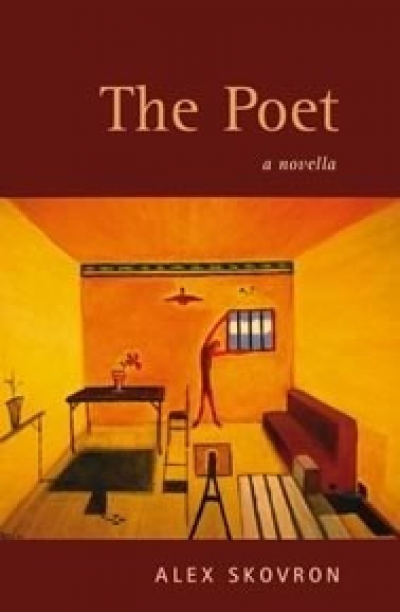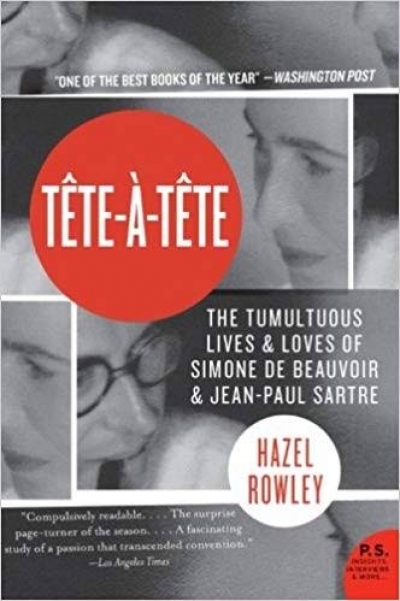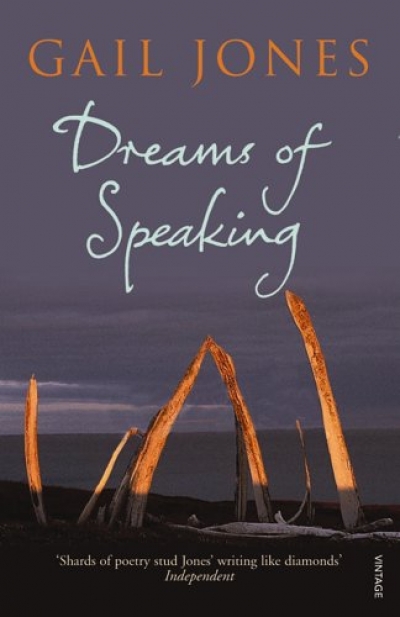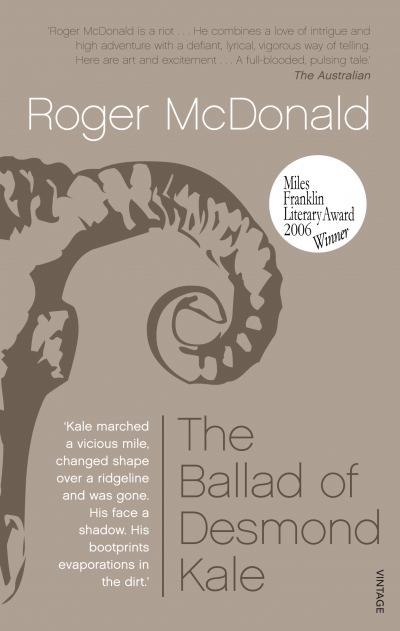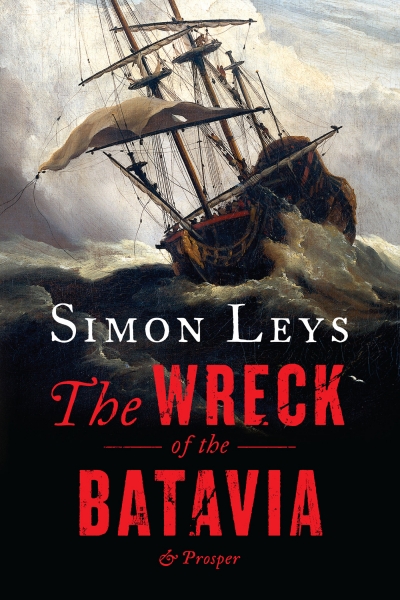Archive
(Italian, c.17th; Kunsthistorisches Museum, Vienna)
Life breathes in this painting like a child
pretending not to be awake,
or a skink metamorphosed to a stone
but for the flutter in its flank.
You have to lean and listen for the heart
behind the shining paint,
the lips half-open, and the glittering eye.
Velvet of the night. A ba ...
Tête-À-Tête: The lives and loves of Simone De Beauvoir and Jean-Paul Sartre by Hazel Rowley
Shortly before the federal elections of October 2004, Treasurer Peter Costello delivered an address entitled ‘The Moral Decay of Australia’ to 16,000 members of the Assemblies of God at the Sydney Hillsong Church. For his main theme, Costello invoked ‘the Judeo-Christian-Western tradition’, the core of which, according to him, was the Ten Commandments. He lamented that few people could recite the Commandments today, despite the fact that ‘they are the foundation of our law and our society’. He listed the legacy of that tradition as the rule of law, respect for life, respect for others and private property rights. ‘Tolerance under the law,’ he added, is also, ‘a great part of this tradition.’
... (read more)Neal Blewett reviews 'Losing It' by Annabel Crabb, 'Loner: Inside a Labor tragedy' by Bernard Lagan, and 'The Latham Diaries' by Mark Latham
Although you might not guess it from media comment, The Latham Diaries (MUP, $39.95 hb, 429 pp, 0522852157) is the most important book yet published on Labor’s wilderness years. It provides a pungent characterisation of Labor’s post-1996 history; conveys a profound understanding of the challenges facing a social democratic party in contemporary Australia ...
... (read more)

